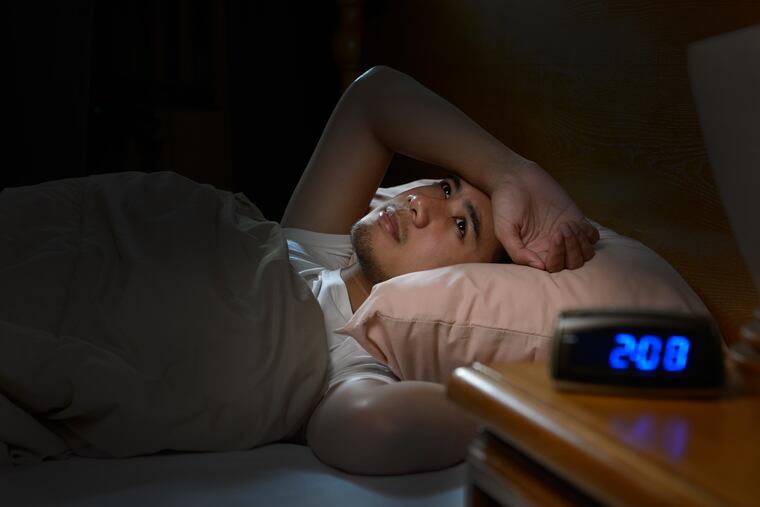How layoffs affect your health and what to do about it | Expert Opinion
There are a variety of ways people can more effectively cope with the health implications of a job loss.

There are few things in life as stressful as losing a job.
Most workers may not be prepared for it, given that the national unemployment rate stands at 3.5%, the lowest since 1969. Philadelphia recovered 83% of the jobs it lost during the pandemic. In 2022, employers added 4.5 million jobs.
Yet nearly 60% of economists are predicting a recession in 2023, and many companies are already trimming their workforce. Conshohocken-based David’s Bridal just announced that it’s laying off more than 9,000 workers, which will affect 15 locations, including six in the Philadelphia suburbs.
» READ MORE: Pa. has filled a record number of jobs. But a lot of people still aren’t working.
Layoffs are often sudden — at least to those losing their job — and can have a significant effect on your physical and emotional health:
People who lost their job during the COVID-19 pandemic were about twice as likely to report poor mental health compared to people who remained employed, according to a study tracking the effects over time.
High unemployment rates are also associated with anxiety, depression, and suicidal behavior.
Stress tied to unemployment can also suppress the immune system and lead to increases in inflammation.
Fortunately, there are a variety of ways people can more effectively cope with the health implications of a job loss:
Structure your time
Days that were once filled with tasks and goals from 9 to 5 can suddenly feel paralyzingly empty.
Create a schedule and follow it to reduce boredom and the tendency to spend hours mulling over the painful aspects of the loss. Create a schedule with goals for self care, job networking, and daily household chores.
Seek support
Don’t be afraid to ask for and accept help from family, friends, or former coworkers. Finding a therapist to talk to during this time can provide an additional valuable sounding board and outlet for your emotions.
» READ MORE: Months after the rest of the country, Pa. has finally returned to its pre-pandemic job market
Find opportunities to feel good
It’s common to experience negative thoughts and feelings after a job loss, which is why self care should be a priority if you become unemployed. Self care includes any activity you find enjoyable, such as listening to music, reading, walking, or making art.
Reshape your career path
After the initial period of shock, an unexpected layoff can become an opportunity to take stock of your core values, inventory your strengths, re-prioritize what’s most important, and create a more fulfilling work-life design. Journaling for 10 to 15 minutes each day may help you construct a strengths and values road map that generates renewed purpose and meaning.
Remember that staying healthy depends on regulating negative emotions, finding sources of support, creating opportunities for feeling good, reflecting on values and purpose, and nurturing strengths. A single step forward in any of these areas can spark hope and keep you from staying stuck.
Scott Glassman is the director of the master of applied positive psychology program at PCOM.
Michael Hall is a student in the master of applied positive psychology program at PCOM.